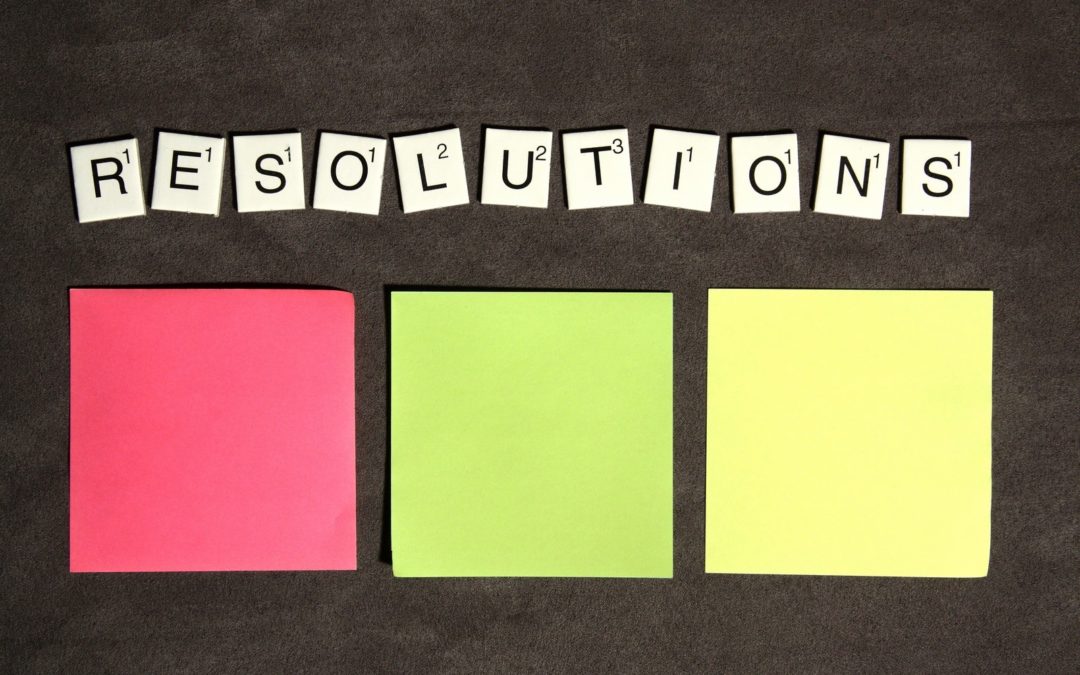
New Year’s Resolutions: Yay or Nay?
I was talking with some people the other day and all I could keep thinking about was transitions, especially as we all transition to this new year of 2019. What are transitions? When are we in transition periods? Well, one is the new year. We think about how our past year has been and what we hope for the new year as it begins. Basically, we transition any time there is a change (and this happens more often than once a year!). During the new year, we all start thinking about whether, or not, we will make a New Year’s Resolution. I am curious about why we do, or do not, make them. Regardless if you are one who does make New Year’s Resolutions or not, how do you feel about them? How do you feel about them now? How do you feel about them in the past? How will you feel about them in a month? Six months from now? At the end of the year?
Have you ever wondered if you are ready to make the changes on your New Year’s Resolution list? I ask because it doesn’t matter what time of year it is, when we are ready, we will just do it (such as starting to exercise, cleaning out our clutter, starting that new business, working on our relationships etc). Until we are ready, it isn’t going to happen because there are things we still need to work through and let go of thinking we can control them. For example, maybe we want to control our kids, our parents, our relationships, etc. Well, sorry to burst your bubble, but there isn’t much we do have control of in this world. And when I try to control my actions, and it isn’t something I want to do; I am going to not do it, basically giving my middle finger to the world. And then what do we do? When we do not complete or finish our list, we can sometimes beat ourselves up about not completing our goals. BUT! Not to worry, you are among friends, less than 1% of people are still working on their New Year’s Resolutions in the first 2 weeks of February. Yes, you heard me correctly, less than 1%. Why? The answer is simple, because people don’t want to, which is totally fine! We do what we want, not necessarily what we need to do. Oftentimes I think about trying to hold onto something because it gives me the illusion of control over something that I don’t really have control of. Okay, so what can I control then? Myself. Sometimes.
Okay, well, now I possibly know I am not ready for the things on my New Year’s Resolution list, now what? Well, now we can talk about what are the things that are bothering you, poking you, peeving you off (perhaps this blog?). What is holding you back from doing what you truly want to do and not beating yourself up about it? We can do that alone, but sometimes it is easier looking at those things with someone who isn’t also going to beat us up about not finishing every, last thing on our New Year’s Resolution list. So, I’ll ask again, how do you feel about New Year’s Resolutions?
Thank you for reading and I truly do hope this is a wonderful, peaceful year for you!
